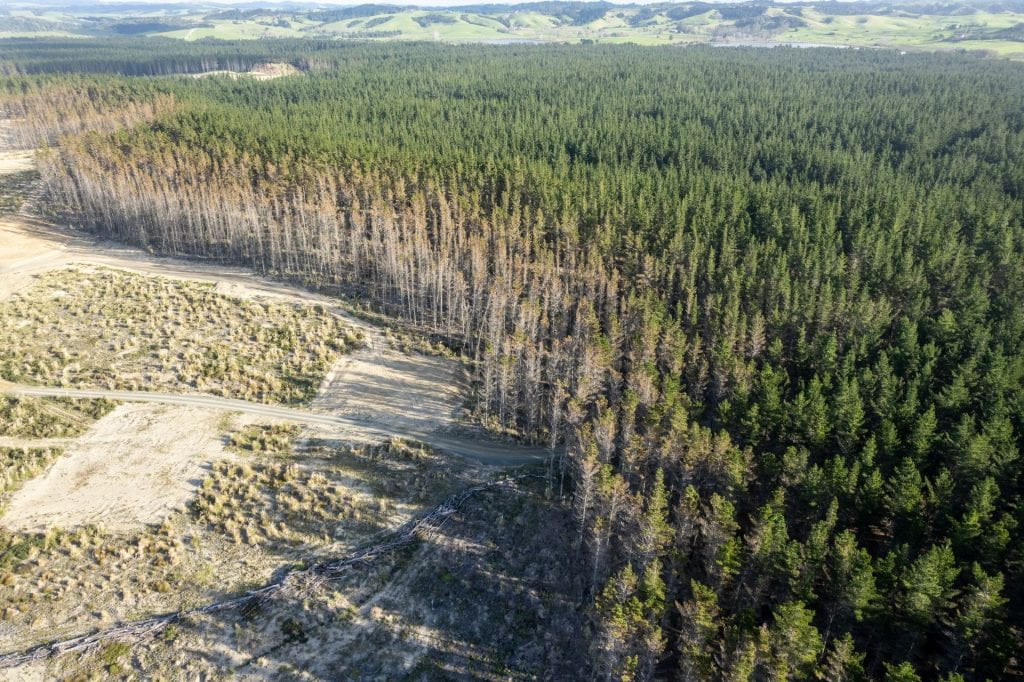Projects
Researchers in the ESS group are part of the following research projects:
- Green Infrastructure Research Group
The Green Infrastructure Research Group is an interdisciplinary team of Australia’s leading green infrastructure experts with a shared passion for using plants to make cities more liveable. GIRG creates and embeds knowledge and technologies in smart design, construction and maintenance of green spaces, trees, parks, rain gardens, community gardens and green roofs and facades in built environments. Click here for more information.
- Waterway Ecosystem Research Group
The Waterway Ecosystem Research Group is a group of researchers studying interactions between landscapes and running waters. It aims to develop tools for achieving healthy streams and rivers in urban and rural landscapes. The group is made up of ecologists, hydrologists, chemists, geomorphologists and works in collaboration with social scientists and environmental economists. Combined, these skills allow the group to undertake novel interdisciplinary research, as well as fundamental and applied disciplinary research. Click here for more information.
- The Clean Air and Urban Landscapes Hub
Cities are important environments that are home to millions of Australians. How can we make them better for people and for biodiversity? The CAUL Hub is a consortium funded under the Australian Government’s National Environmental Science Program. The hub is led by one of Australia’s leading urban ecologists Associate Professor Kirsten Parris. Deputy Hub Lead is Associate Professor Joe Hurley, an expert in the role of urban governance and policy to produce sustainable outcomes. Click here for more information.
- UniMelb Environmental Psychology
At UniMelbEnvPsych, we study human relationships with physical environments using interdisciplinary approaches grounded in environmental psychology. We examine the different ways people value environments, how people form attitudes towards environmental issues, what enables or constrains positive environmental behaviour, and how physical environments influence human well-being and function. Key themes in our work include human relationships with forest ecosystems, urban ecosystems and green infrastructure, and bushfire prone landscapes. Click here for more information.
- Next Generation Forest Plantation Investment
Next Generation Forest Plantation Investment is a research project funded by forest industry partners and the Australian Government though Forest and Wood Products Australia. The aim of the project is to bring a combination of actors together to design and test new models of investment in planted forests. This approach presents an opportunity to learn from past experiences in order to design more sustainable and attractive models for planted forest investment that meet the requirements of industry, landowners, capital investors and other stakeholders. Click here for more information.
- Trees on Farms: Connecting landowners with investors to grow timber, carbon or biodiversity
Trees on Farms is a platform that lets the user find out about the potential for land to grow trees for biodiversity, for carbon storage, and for timber. Registering an interest in growing trees will help connect platform users with organisations wishing to invest in growing trees on rural land, whether for conservation or for profit. Click here for more information.
- Improving policies for forest plantations to balance smallholder, industry and environmental needs in Lao PDR and Vietnam
From 2016 to 2019, this project aimed to improve policies for forest plantation industry development in Lao PDR and Vietnam through building better linkages between commercial investment and smallholder production. The project developed policy and institutional options for plantation development, and created a policy learning network that could build capacity in plantation sector policy analysis, development and implementation. Click here for more information.
